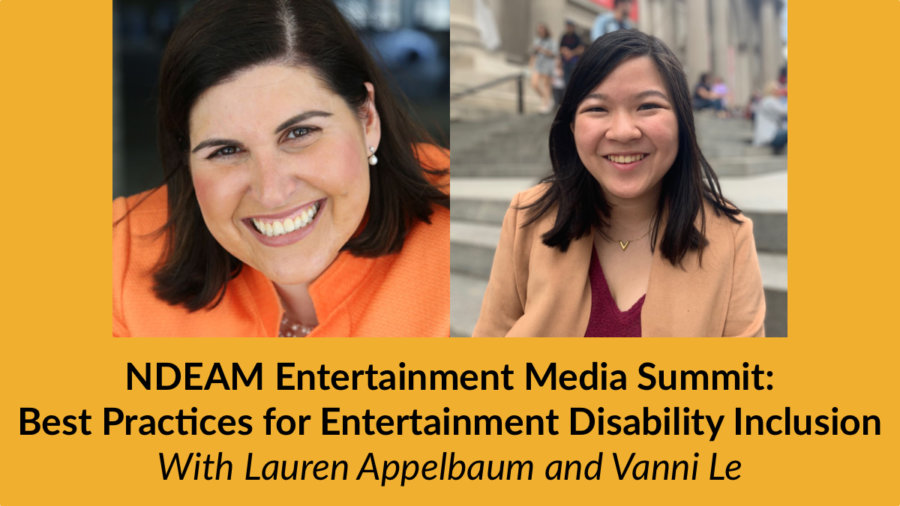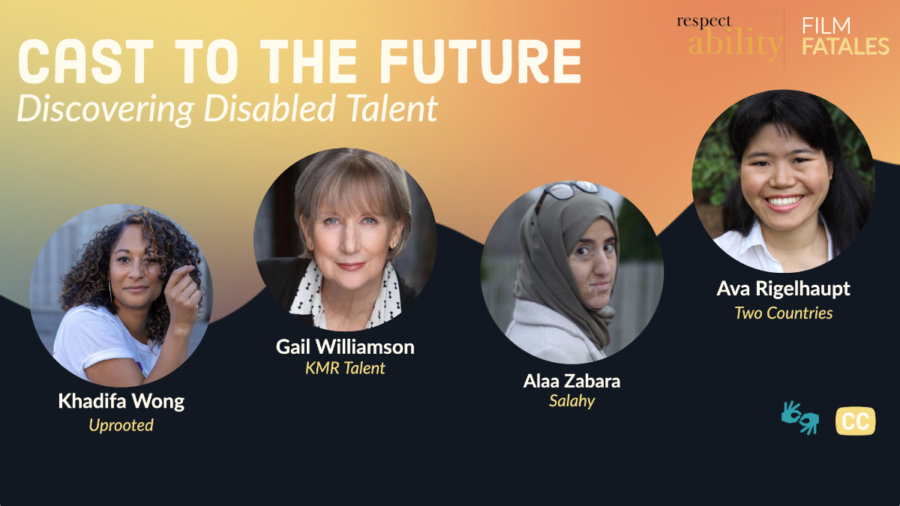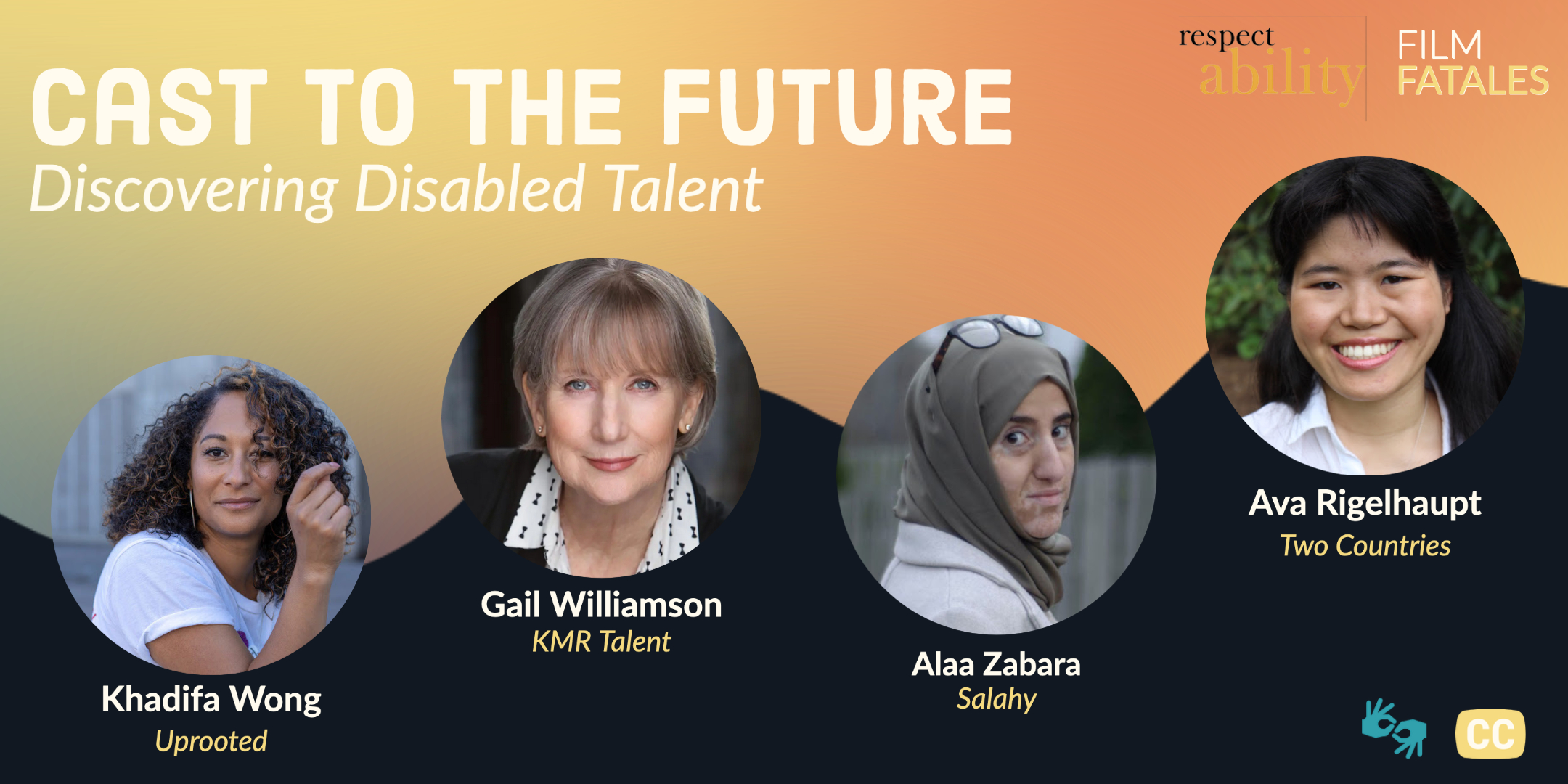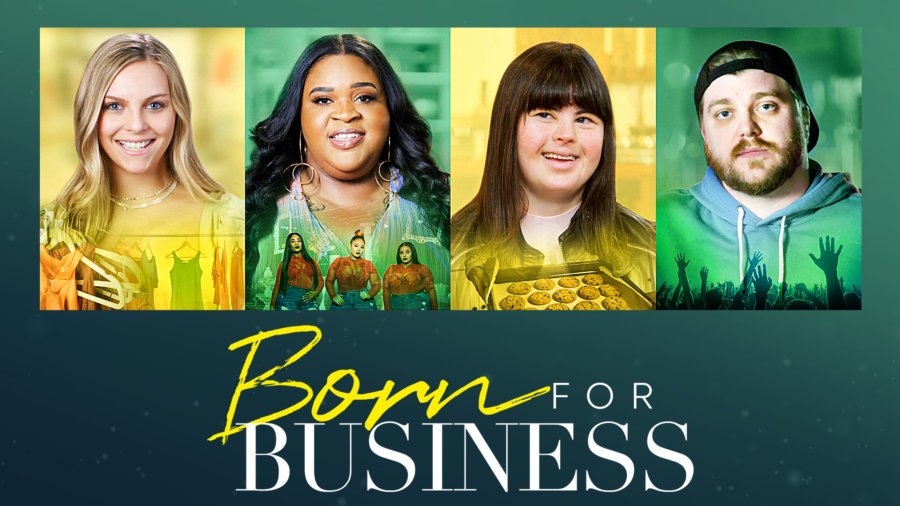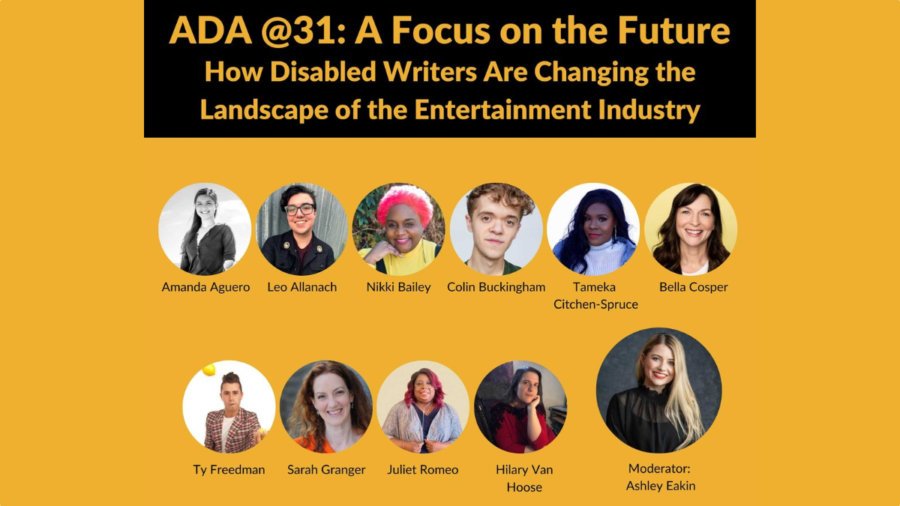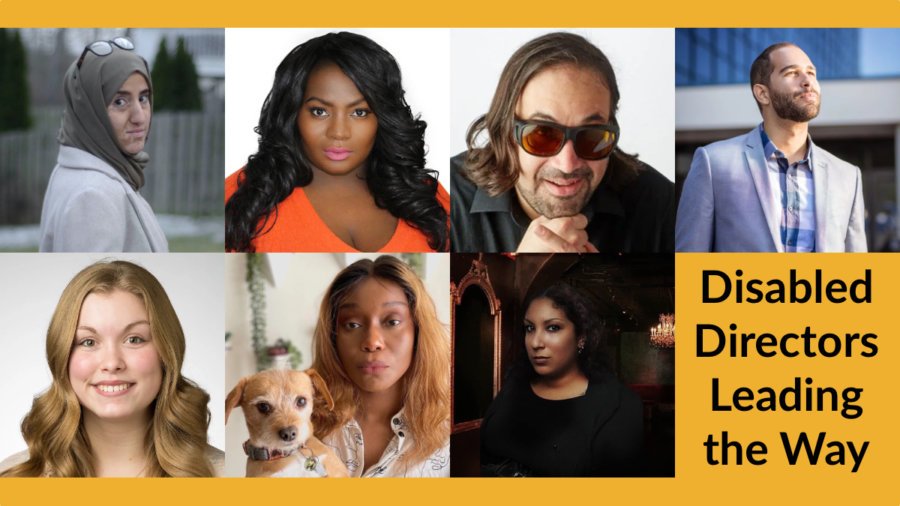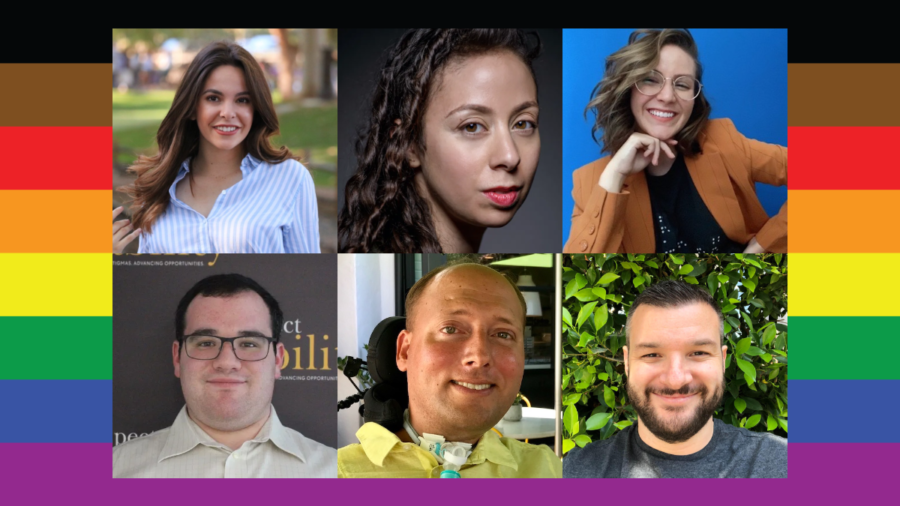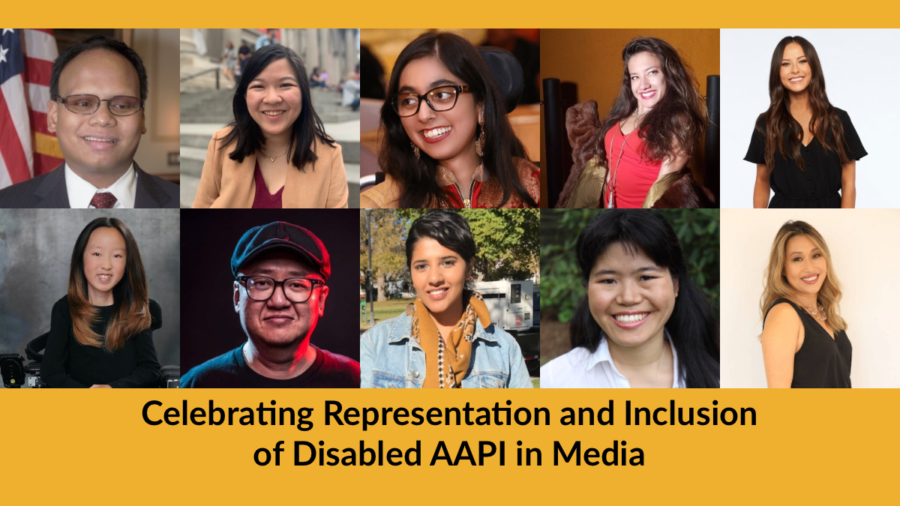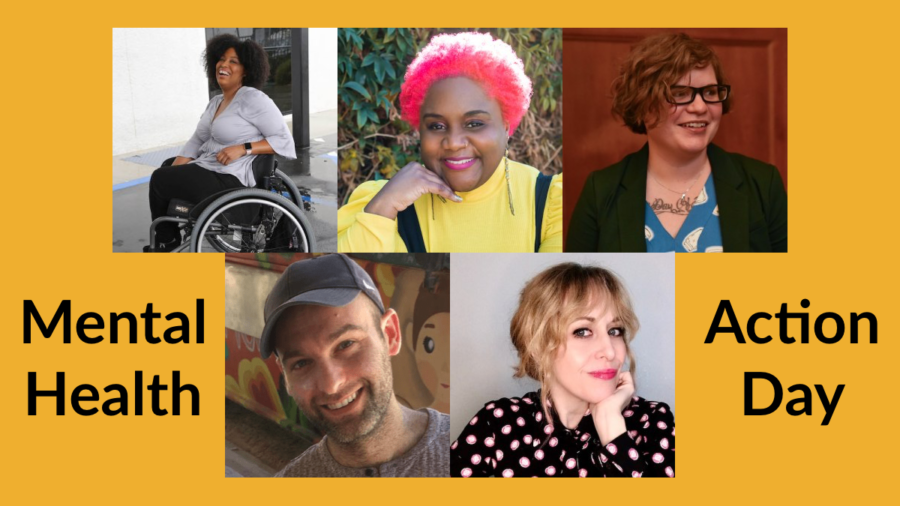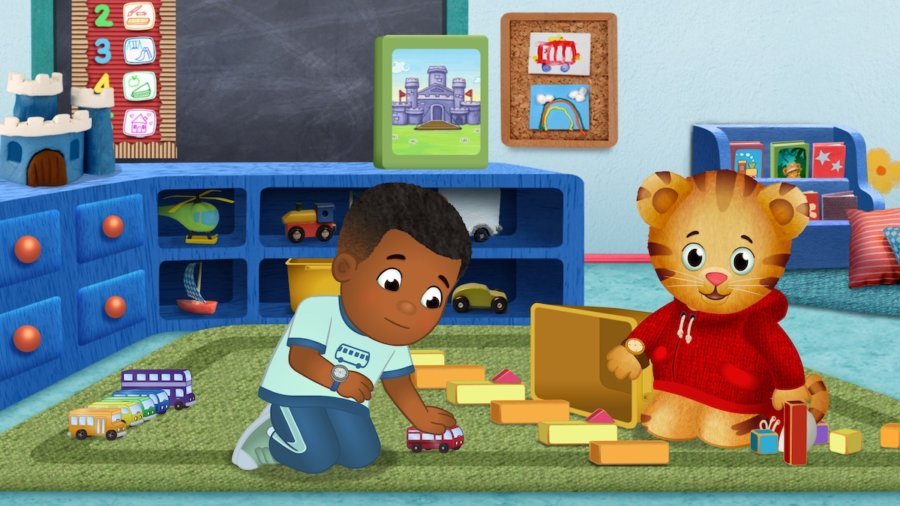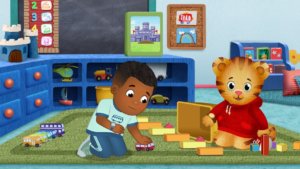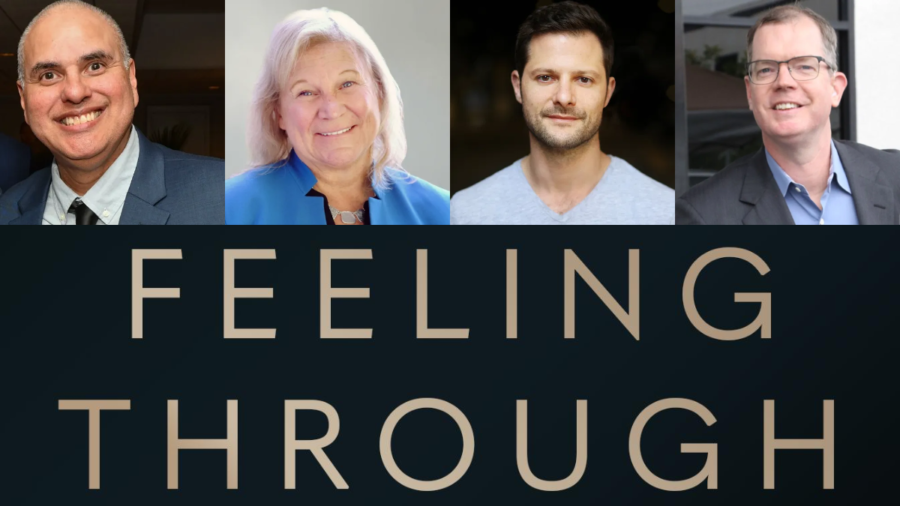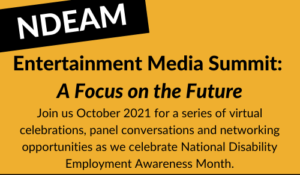
This event is part of a larger series of events. Learn more: https://www.respectability.org/ndeam-entertainment-summit
To kick off RespectAbility’s NDEAM Entertainment Media Summit, attendees received an overview of who makes up the more than 60 million people who live with some form of physical, cognitive, sensory, mental health or other disability in America as well as statistics on the current state of disability representation in entertainment. They gained a basic understanding of best practices in language, as well as specific tropes commonly found in film and television to avoid. Self-advocates, allies, executives and creatives alike benefitted from this session, leaving with knowledge and best practices on how any one individual can effect positive change to fight stigmas of people with disabilities within their work.
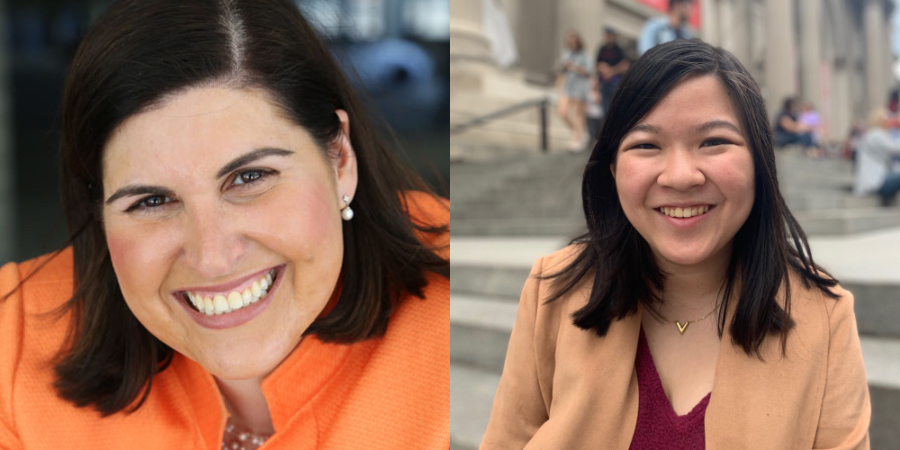
Lauren Appelbaum and Vanni Le
This session was by RespectAbility’s Lauren Appelbaum and Vanni Le.
Throughout the month of October 2021, join RespectAbility for a series of virtual celebrations, panel conversations and networking opportunities as we celebrate National Disability Employment Awareness Month. Through a combination of forward-facing panels and breakout networking rooms, participants will learn about writing, directing, producing, self-advocacy and more. Please note that some sessions are open only to entertainment industry creatives who identify as deaf or disabled, as we seek to continue to build community. Learn more: https://www.respectability.org/ndeam-entertainment-summit.


